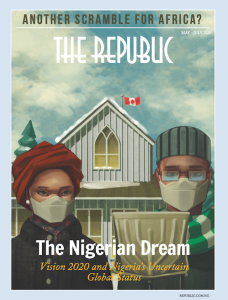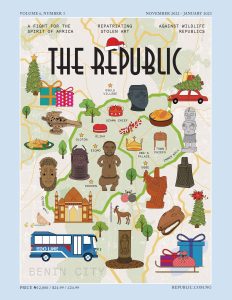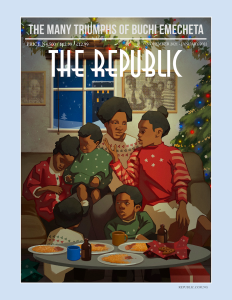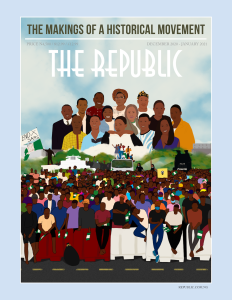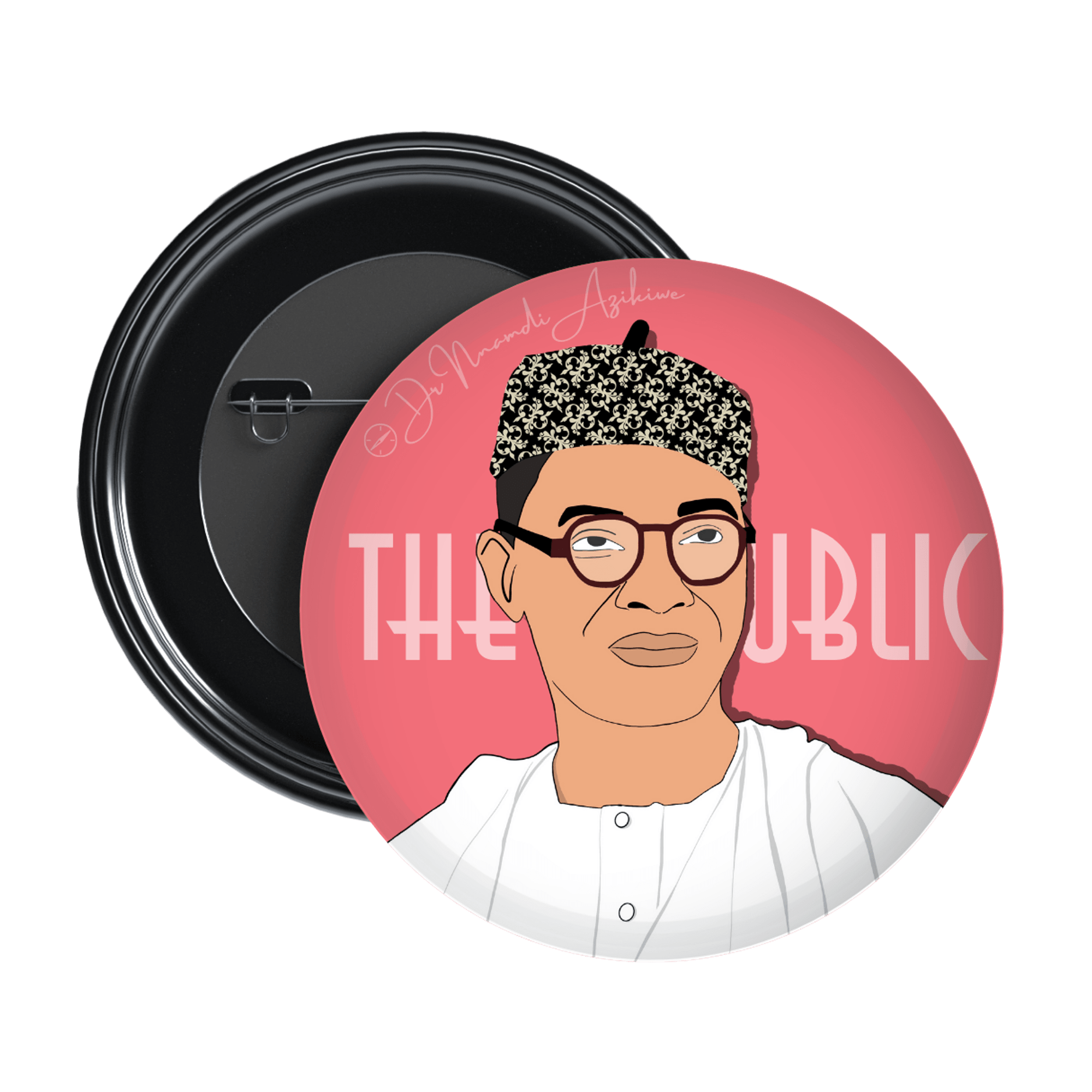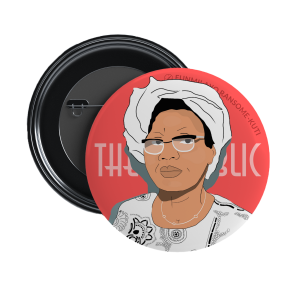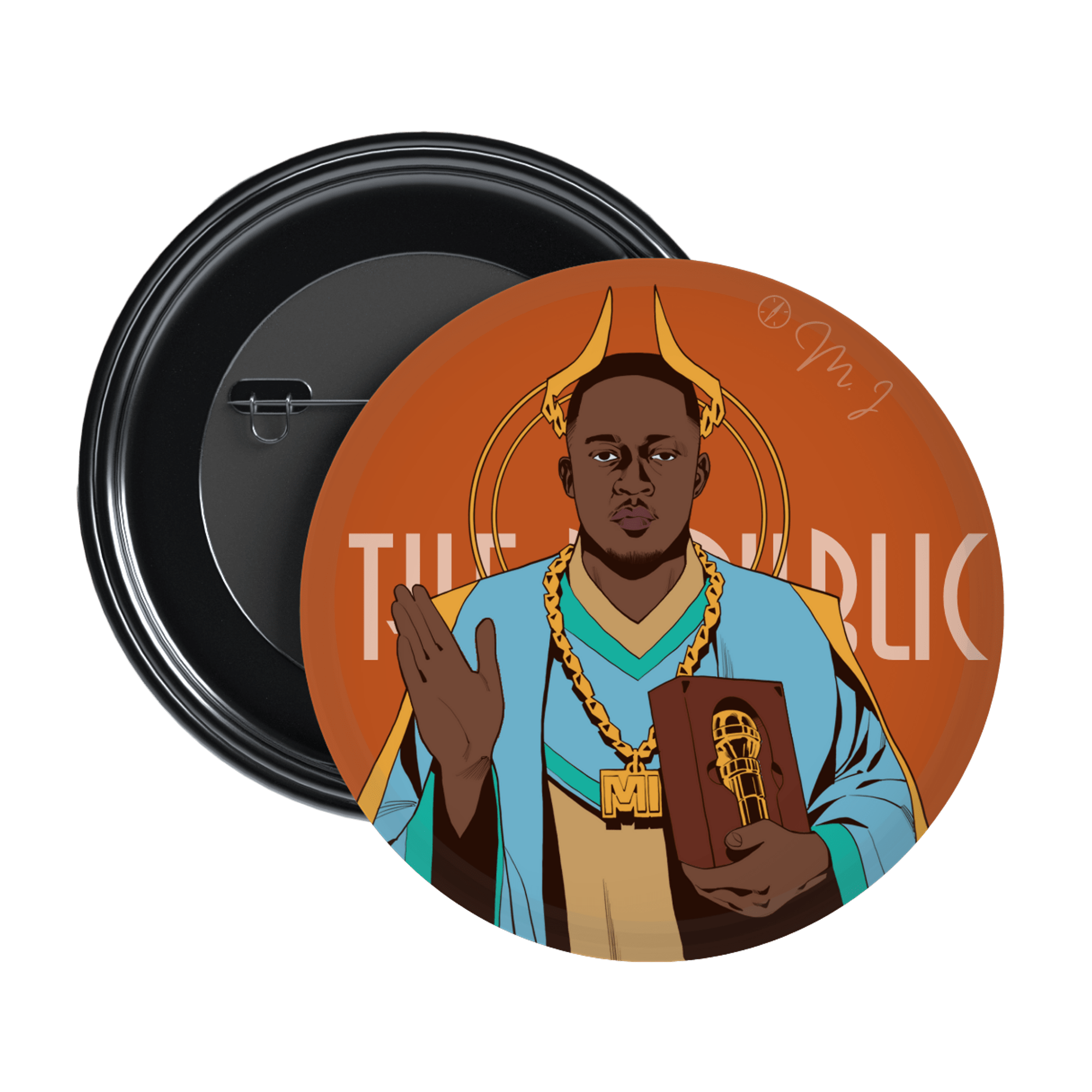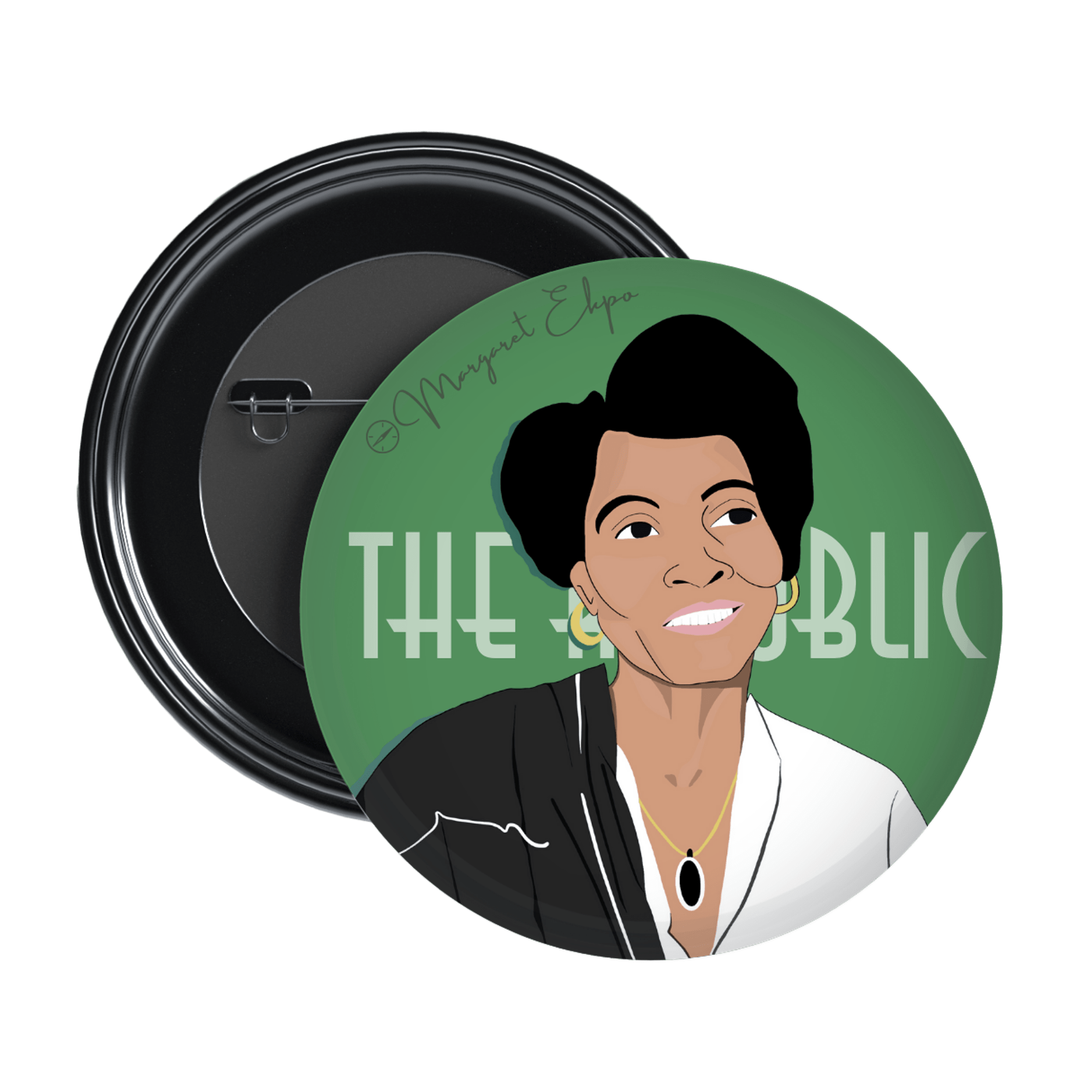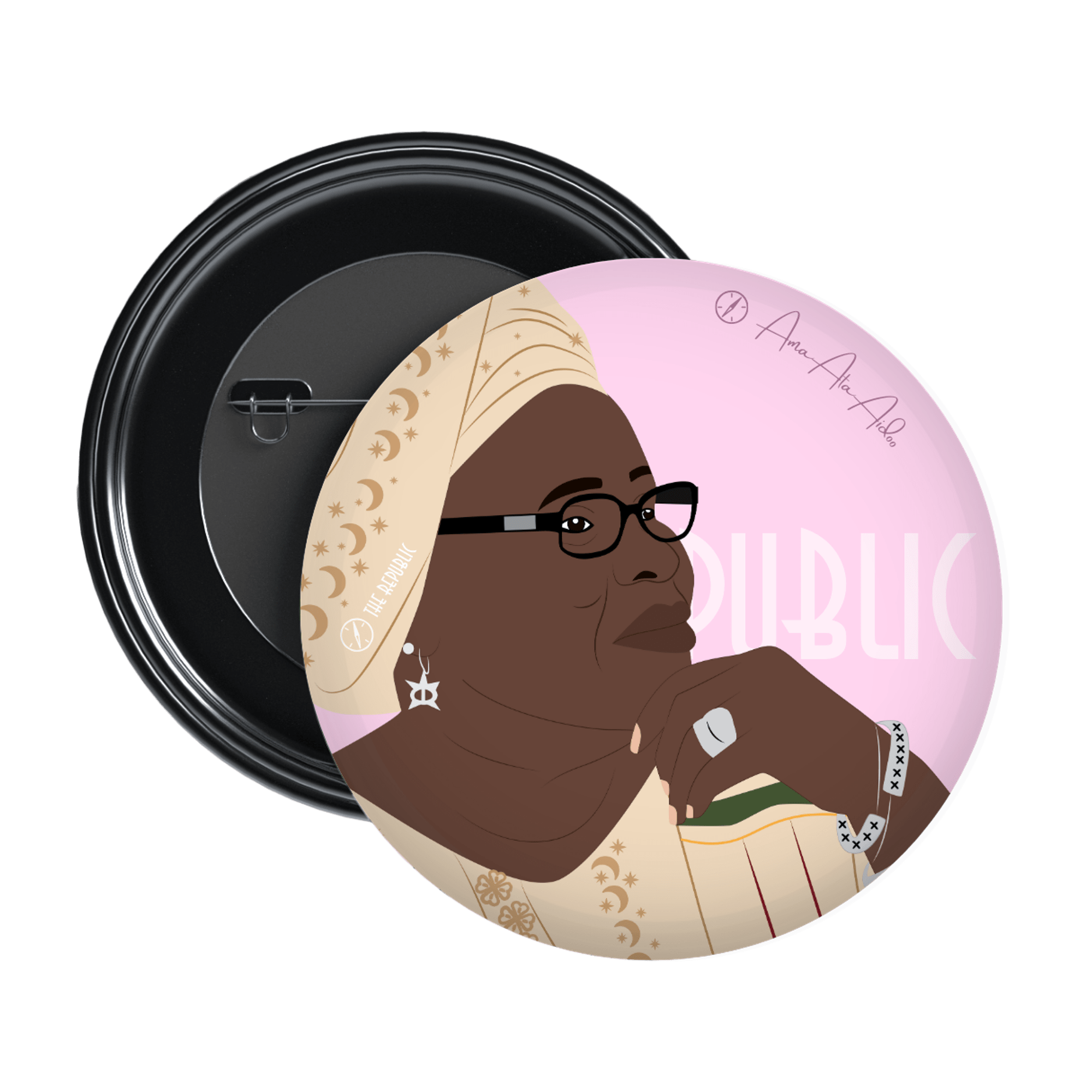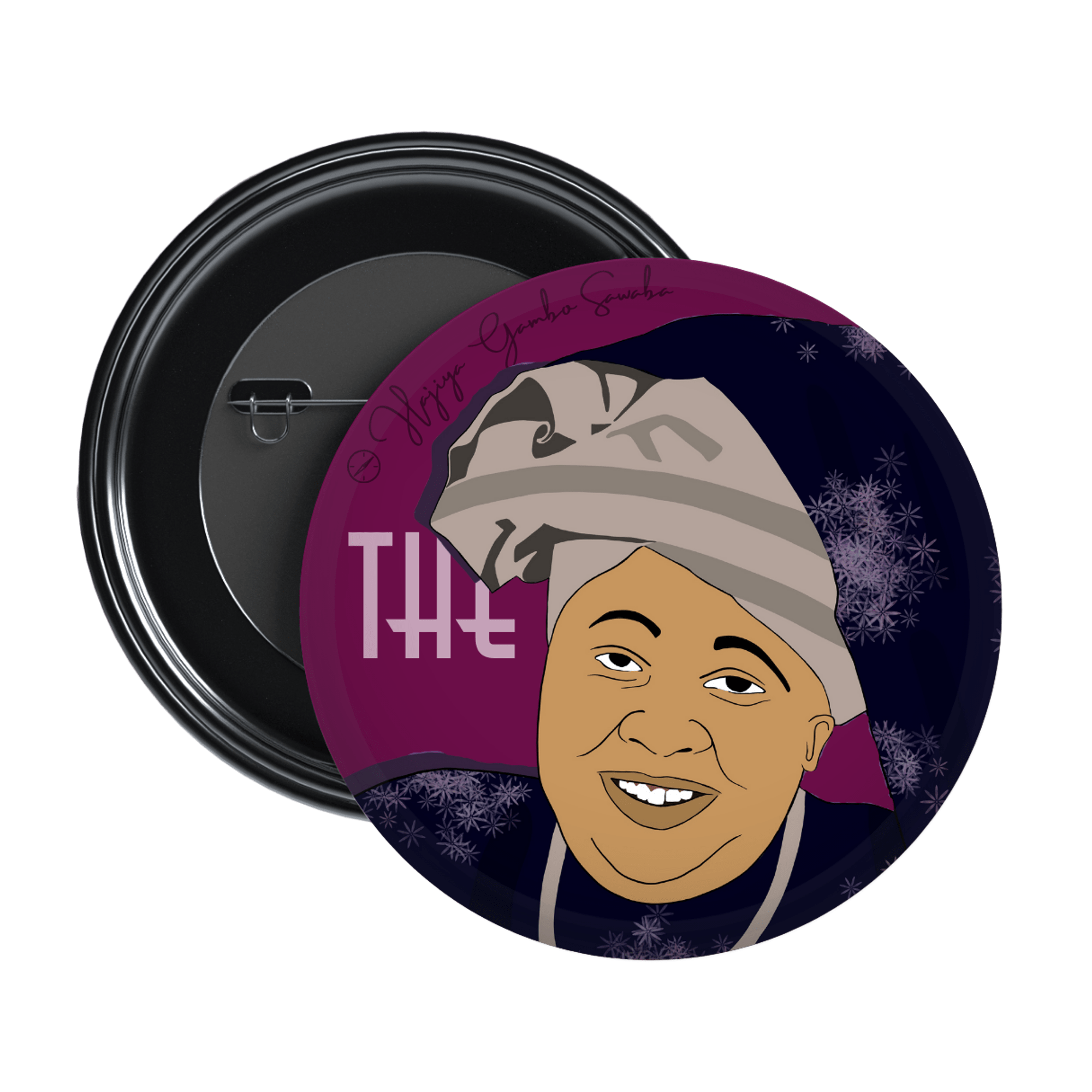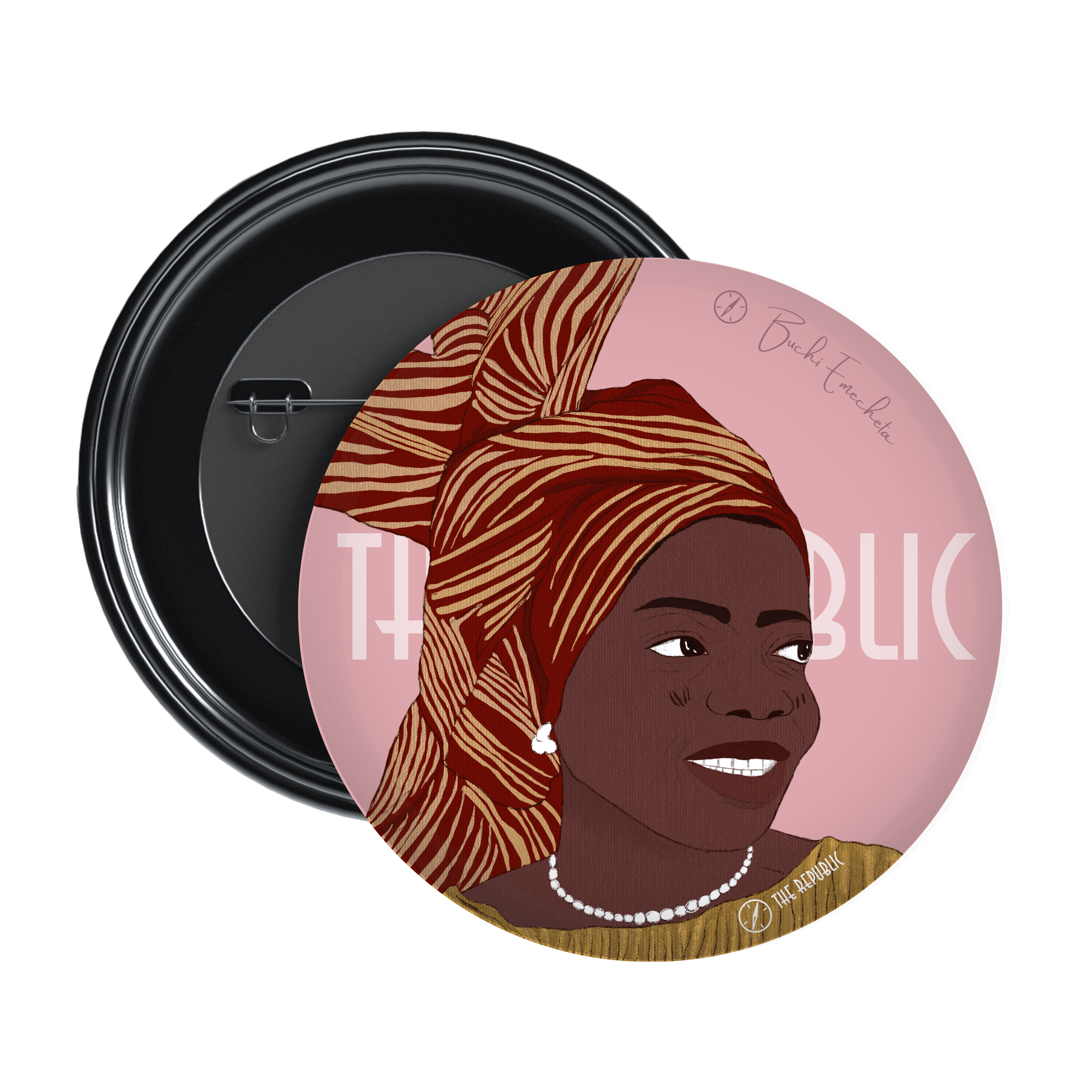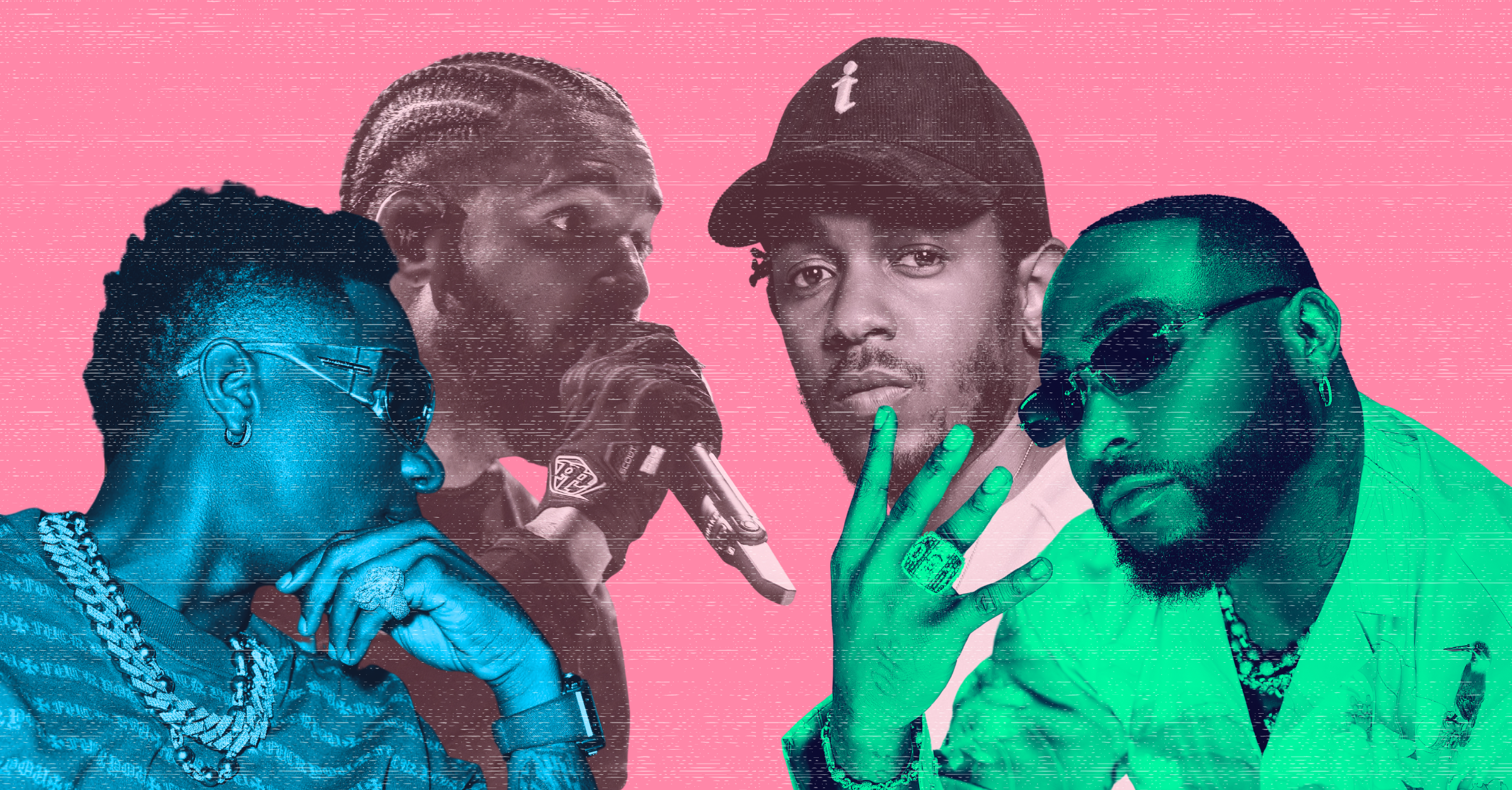
Left to Right: Wizkid, Drake, Kendrick Lamar, Davido. Collage by THE REPUBLIC.
the ministry of ARTS / MUSIC DEPT.
The Ethics and Polarities of Musical Feuds

Left to Right: Wizkid, Drake, Kendrick Lamar, Davido. Collage by THE REPUBLIC.
the ministry of ARTS / MUSIC DEPT.
The Ethics and Polarities of Musical Feuds
Kendrick Lamar’s first salvo was a surprise. ‘Motherfuck the big three, nigga, it’s just big me,’ he pronounced on ‘Like That’, the third single from Future and Metro Boomin’s joint 2024 album, We Don’t Trust You. Kendrick’s subsequent attacks, ‘euphoria’ and ‘6:16 in LA’, were less of a shock. By then, we had become accustomed to the cadence of the war between him and Drake, to the staccato rhythms of their artillery. We were energized by Drake’s response in ‘Family Matters’, a tripartite track where he steadily upped the ante and aggression. We were floored by the breakneck speed of ‘Meet the Grahams’, Kendrick’s adroit return. By the time the war was presumptively over in May 2024 (Kendrick did not formally respond to Drake’s ‘The Heart Part 6’), we had been thrilled, disappointed, and amused. Impatient for more carnage, but wary of the bloodshed. Such is the nature of the rap battle and its riotous effects.
The musical feud is an established form. We have experienced multiple iterations over the past decades: Michael Jackson and Prince in the 1980s, Jay Z and Nas in the 1990s. Musical feuds can even spur patriotism, galvanizing the undeclared to pledge allegiance to a polity—the East Coast-West Coast hip hop rivalry in the United States created a denizenship purely based on musical sensibility. Earlier this year, the musical feud resurfaced in a tense and taut exchange between Kendrick and Drake, a battle that, once again, created fault lines. But it also exposed a code of ethics underpinning both rap as a genre and the rap battle as a class of warfare.
The immediate battle between Drake and Kendrick produced nine songs in three months. Certain principles arose from their dialogue. Firstly, integrity is paramount in rap, both musically and personally. Drake dismissed Kendrick for his forays into pop (‘Maroon 5 need a verse, you better make it witty / Then we need a verse for the Swifties’). Drake’s lyrics framed Kendrick as a commercial serf and a scribe for hire. It is a racially freighted line, since both Maroon 5 and Taylor Swift are white artists, and, in Drake’s telling, Kendrick is their underling rather than their collaborator. Drake presents Kendrick’s previous dalliances with pop as suspicious (if not contemptible), thus inviting listeners to also question Kendrick’s rap bona fides. Drake double downed on this line of attack in ‘Family Matters’ (‘Always rappin’ like you ’bout to get the slaves freed / You just actin’ like an activist, it’s make-believe’).
Kendrick levied a similar accusation against Drake. In ‘euphoria,’ he averred, ‘I make music that electrify ’em, you make music that pacify ’em.’ With that line, Kendrick tapped into a rich vein of Drake criticism, one that views Drake’s mass appeal as delegitimizing. The artist Yasiin Bey (who formerly went by Mos Def) recently voiced this sentiment by describing Drake’s discography as ‘Target music.’ Target music is treacly and mollifying. Its audience is suburbanites, mother hens who drive Volvos. It is, unarguably, the anthesis of rap.
This is not the first time Drake’s artistic integrity has been called into question. In 2015, at the start of a since-resolved beef between Drake and Meek Mill, Meek Mill accused Drake of using a ghostwriter, a claim that sent social media into a tailspin and that Drake has been fending off since (Kendrick also alluded to the claims in ‘Meet the Grahams).
shop the republic
-
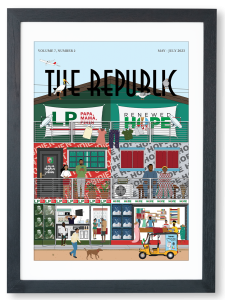 ₦70,000.00 – ₦75,000.00Select options This product has multiple variants. The options may be chosen on the product page
₦70,000.00 – ₦75,000.00Select options This product has multiple variants. The options may be chosen on the product page -
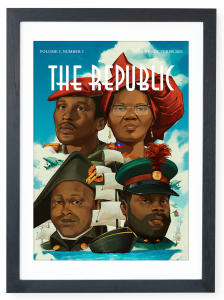 ₦70,000.00 – ₦75,000.00Select options This product has multiple variants. The options may be chosen on the product page
₦70,000.00 – ₦75,000.00Select options This product has multiple variants. The options may be chosen on the product page -
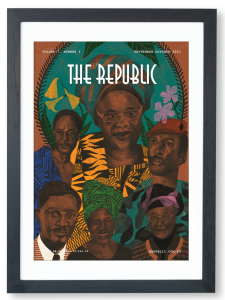 ₦70,000.00 – ₦75,000.00Select options This product has multiple variants. The options may be chosen on the product page
₦70,000.00 – ₦75,000.00Select options This product has multiple variants. The options may be chosen on the product page -
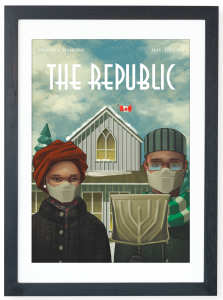 ₦70,000.00 – ₦75,000.00Select options This product has multiple variants. The options may be chosen on the product page
₦70,000.00 – ₦75,000.00Select options This product has multiple variants. The options may be chosen on the product page
shop the republic
-
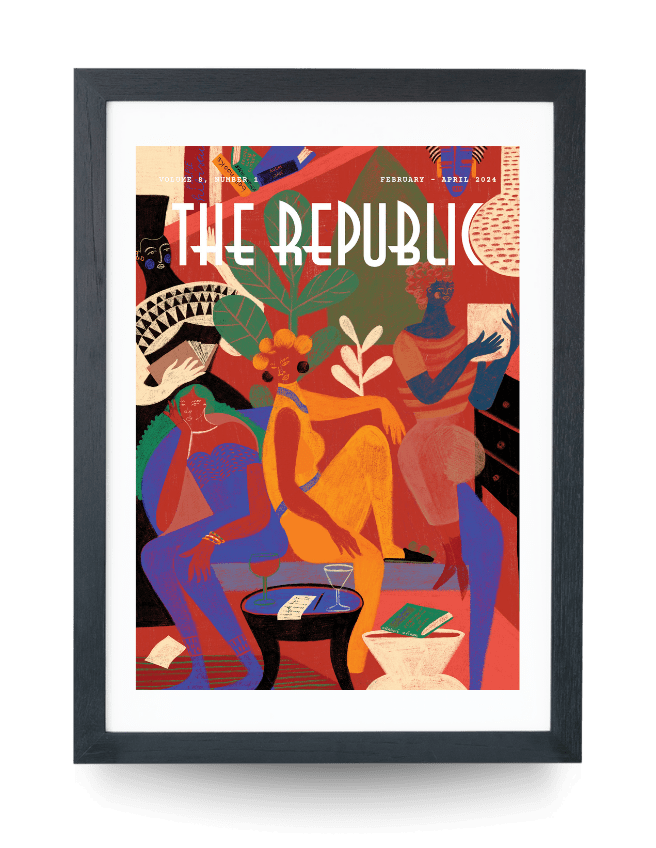 ₦70,000.00 – ₦75,000.00Select options This product has multiple variants. The options may be chosen on the product page
₦70,000.00 – ₦75,000.00Select options This product has multiple variants. The options may be chosen on the product page
One’s authenticity is currency in rap. It is a fact acknowledged by academics and practitioners alike. Concededly, rap music accepts, if not encourages, certain forms of artificiality: puffery, bravado, self-aggrandizement. But there is a radius of lyrical authenticity that can’t be breached. When Kendrick criticized Drake for offering his fans a neutered version of rap music, and Drake charged Kendrick for cosplaying as an activist, they were both levying charges of musical inauthenticity against one another, the ultimate sin.
The showdown between Kendrick and Drake also shone a spotlight on personal integrity in rap. At a time where consumers are finding it increasingly difficult to divorce the art from the artist, Kendrick and Drake’s exchanges suggest that there is—or, at the very least, should be—a moral premium in rap. Drake insinuated that Kendrick beat his wife. Kendrick labelled Drake a pedophile. Both artists are canny operators, aware of the tenor of the current moment. Over the past few years, former hip-hop titans, such as R. Kelly and P. Diddy, have been deplatformed for their sexual and violent misconduct (and, in the case of the former, imprisoned). By casting personal aspersions against one another, both Drake and Kendrick were engaging in a strategic process of vilification, using the emerging moral premium in rap to spur the other’s downfall.
Drake and Kendrick’s feud showed that musical and moral integrity can be prized principles in rap music. Their dialogue also delineated the boundaries of permissible feuding. The first diss tracks had a circumscribed focus: the two artists were the intended targets. The earlier tracks excavated the respective artist’s personal and professional failings, but they did so narrowly and within a delimited range of friendly fire. But Drake widened the aperture in Push Ups. He expressly mentioned Kendrick’s fiancé, Whitney Alford, by name (‘I be with some bodyguards like Whitney’). Drake’s comment marked an inflection point in the beef. Indeed, Kendrick noted this turn in ‘euphoria’ when he issued a warning to Drake: ‘Don’t speak on the family, crodie/ It can get deep in the family, crodie/ Talk about me and my family, crodie?/ Someone gon’ bleed in your family, crodie.’
Kendrick’s ‘euphoria’ was thus full of invectives, setting the stage for a more lethal exchange. Drake responded in kind in ‘Family Matters’, but Kendrick ratcheted it up in ‘Meet the Grahams’. ‘Meet the Grahams’ is arguably the most devasting and the most personal track in the feud. Kendrick addresses Drake’s son, mother, and father directly—each family member receives a personalized stanza. The opening line of the song foreshadows the carnage to follow: ‘Dear Adonis / I’m sorry that that man is your father, let me honest.’
Just as civilians form a protected class during active hostilities, preventing them from being targeted, a rapper’s family members are also non-targets. Once that ethical perimeter has been breached, the rap battle escalates and anything—and anyone—becomes fair game.
shop the republic
THE NIGERIAN GUERRILLA WARFARE
Across the Atlantic, another beef was brewing. In April 2024, Wizkid tweeted a viral video of Davido begging on his knees. The context of Wizkid’s tweet was unclear, but it was seemingly to encourage his fans to beg as earnestly for new music. Davido responded, inviting Wizkid to participate in an actual rap battle. ‘I have hits!! He don’t!!’ Davido posted on Instagram stories. ‘Tell him let’s drop Friday together! If dem born him well he should drop I’m ready! I got 80 hits in the can ready! Ayo please!!! Activate me!! No ft! SOLO Short bitch!’
Davido continued on X (formerly Twitter) after Wizkid’s non-response. ‘That’s what I thought. Nothing to say, exactly why I stopped wasting my clout and jeopardizing my millions of USD of endorsements on someone whose career was resurrected a few years ago just to die again.’
Davido and Wizkid have sparred before. They have exchanged subliminal messages on X and Snapchat. In 2017, their simmering feud turned physical and the two tussled in a club in Dubai.
The Davido-Wizkid beef is starkly different from the Drake-Kendrick one. Drake and Kendrick’s feud was ensconced in music; they traded barbs across iambic pentameters and synthetic beats. Davido and Wizkid’s beef, on the other hand, was purely verbal, an attack unmediated by lyrics, a sonic backdrop, or a guaranteed rhythm. This divergent outcome reflects the differences between rap and contemporary Afrobeats.
shop the republic
Rap is a genre that prioritizes lyrical dexterity and ambitious wordplay. Its focus on textual narrative makes it an accommodating medium for a rap battle, where combatants can launch a flinching assault within the parameters of a verse. Thus, Drake and Kendrick were able to engage in a meta-altercation, where the duelling media of polemics and profession were the same. Contemporary Afrobeats, on the other hand, elevates the beat over the lyrics (the tell is in the name). When the underlying sound is a genre’s prevailing feature, rather than the song’s lyrics, it becomes difficult to have a self-contained argument. Thus, artists have to use media with more textual tools—–such as X, Instagram, Snapchat—to hash out their arguments.
The beef between Davido and Burna Boy shows a similar dynamic. Although the two have taken aim at one another in their songs—‘Tell Odogwu say we like to party,’ Davido taunted in FEM—their most vociferous attacks have been extra-lyrical, such as when Burna Boy mocked Davido’s football skills on Snapchat, or when Davido taunted Burna Boy on X by excluding him from the ranks of Nigeria’s musical aristocracy.
Musical feuds are versatile things. They can exist in the soft grooves of a song or in the ephemera of social media. They can have a moral urgency or a mocking underbelly. Either way, musical feuds are necessary. They keep incumbents, such as Drake, on their toes. They keep challengers hungry. But more simply, they are provocative. In the words of Kanye West, the proto-rap antagonist, they get the people going⎈
shop the republic
BUY THE MAGAZINE AND/OR THE COVER
-
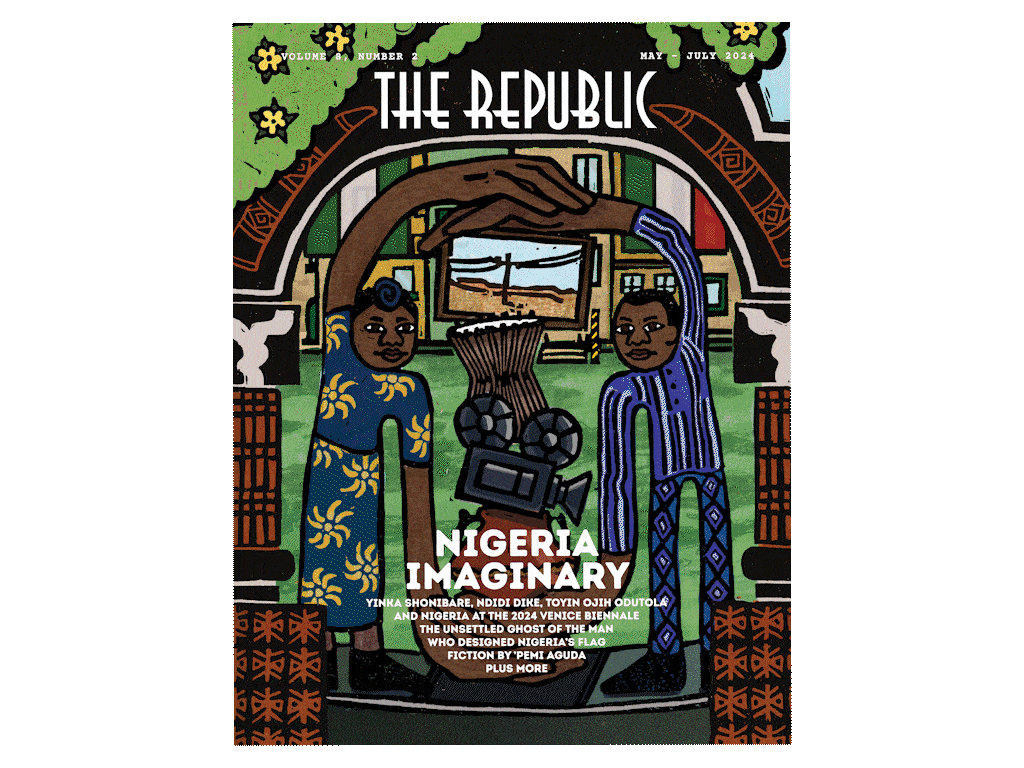 ₦10,000.00 – ₦30,000.00Select options This product has multiple variants. The options may be chosen on the product page
₦10,000.00 – ₦30,000.00Select options This product has multiple variants. The options may be chosen on the product page -
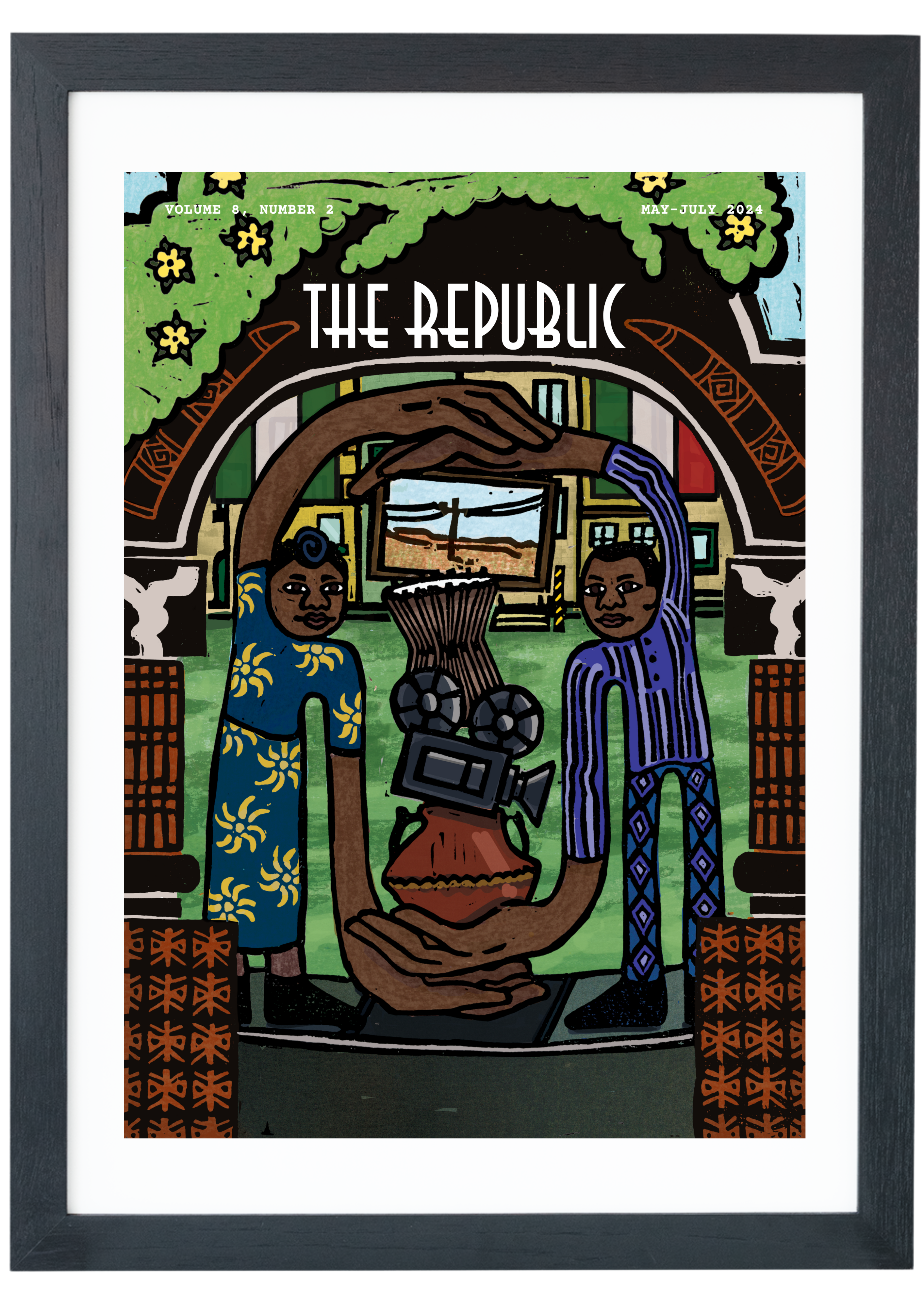 ₦140,000.00 – ₦150,000.00Select options This product has multiple variants. The options may be chosen on the product page
₦140,000.00 – ₦150,000.00Select options This product has multiple variants. The options may be chosen on the product page




